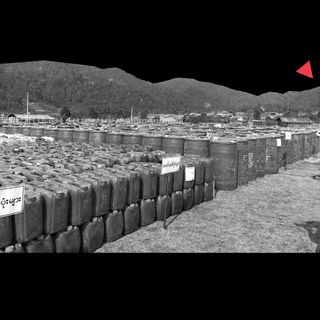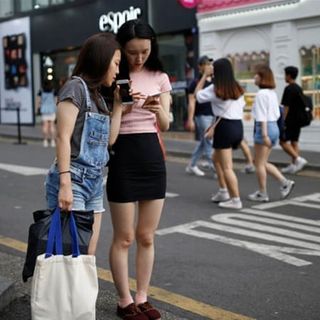Punithin Genasan, a 37-year-old Malaysian man, was found to be an accomplice in a heroin trafficking case in 2011. Last week, his defence was rejected by Singapore’s Supreme Court, which promptly delivered the death penalty to Genasan over a Zoom video call. Genasan’s case is one of the few ‘essential’ ones courts in Singapore are handling remotely, already having adjourned many others.
Human rights advocates have called the ruling, and the method of its deliverance, inhumane and callous. “The absolute finality of the sentence, and the reality that wrongful convictions do occur around the world in death sentence cases, raise serious concerns about why Singapore is rushing to conclude this case via Zoom,” Phil Robertson, deputy director of Human Rights Watch’s Asia division, told The Guardian. Earlier in May, a Nigerian judge also delivered the death penalty to a man accused of killing his employer’s mother over Zoom, after an almost three-hour hearing involving lawyers and the attorney general.
Related on The Swaddle:
Zoom Fatigue Is Why Work-From-Home Feels So Difficult
Aside from the valid criticism of the death penalty being “archaic, inherently cruel and inhuman,” as Human Rights Watch told the BBC regarding the Nigerian verdict, it is also deeply concerning that courts are delivering death sentences on video calls, a medium fraught with communication glitches that can hamper the already complicated process of assessing complex factual scenarios, hearing expert testimony, and parsing legal arguments. In India, for example, courts that moved some hearings to video have already faced several issues, including lawyers being entirely left out of the proceedings on their own case while judges rule on a matter, The Print reported.
Indian lawyers are also increasingly pointing out the lack of accountability Zoom calls have accorded court proceedings. Only lawyers, clients, and judges have access to these video conferencing calls, which keeps out the public. “While technology is here to stay, its use cannot undermine basic tenets of natural justice and rule of law. An open court system is the justification of authority of courts,” senior advocate Vibha Datta Makhija told The Print.
Research also shows legal proceedings over video calls have a lower level of mutual trust between judge and applicant, and studies show people are more likely to act on their biases while on video calls. This, combined with increasingly closed hearings during the Covid19 pandemic that deter public accountability, makes decisions as dire as delivering death penalties — as seen in Singapore and Nigeria — during this time counterintuitive to the notions of justice.
With no end to the Covid19 pandemic in sight, lawyers have also explained the benefits of video conferencing — mainly, the opportunity to still resolve pressing legal matters, while saving on the cost and time of the people involved. There is a need, however, to evaluate which cases can be deemed urgent enough to need resolution over virtual hearings. A nine-year-old drug case that ends in a death penalty certainly shouldn’t make the cut.




